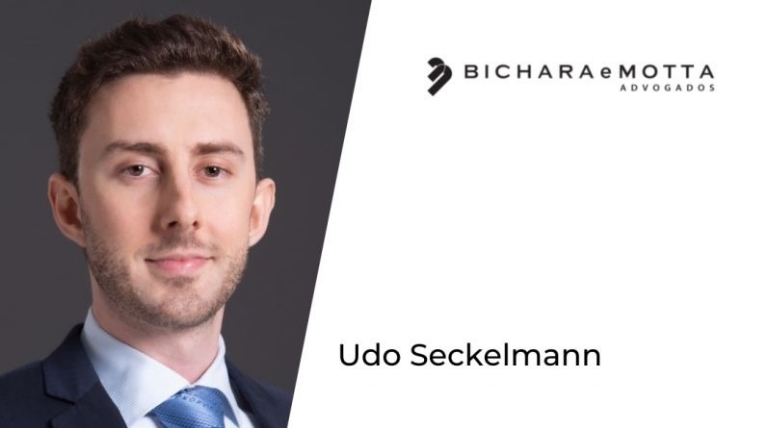

According to the new regulations, betting operators will not be able to offer advances, bonuses or prior advantages, whether as promotion, publicity or advertising, to encourage betting. Furthermore, the rule prohibits payment by credit method, only accepting Pix, debit, TED or prepaid. The maximum period for paying prizes is 120 minutes after the end of the bet event.
Another requirement established by the ordinance is that companies maintain a reserve of R$5 million (US$ 1m) to guarantee the payment of prizes and other obligations to holders.
What was prohibited to the operator according to new rules:
“Grant, in any form, an advance, advance, bonus or prior advantage, even if merely as a promotion, publicity or advertising, for placing bets.”
Expert opinion on the measure is divergent. While some see it as protecting bettors, others believe it could harm the regulated market, favoring unlicensed operators.
Lawyer Fernanda Meirelles, partner at FAS Advogados, says that “the legislator's intention in prohibiting the granting of bonuses and advances to bettors is clear, since throughout the regulatory process the Federal Government was insistently told that one of its missions would be to protect to the bettor, consumer of this service.”
Meirelles analyzes: “On the other hand, understanding the market and the volatility with which a bettor today joins a specific platform and tomorrow joins another, it also seems reasonable for such companies to use mechanisms to attract and maintain their audience. And one of these mechanisms is, without a doubt, the offering of entry ‘bonuses’.”

For Luiz Felipe Maia, from MAIA YOSHIYASU Advogados, “acquisition bonuses and other prior advantages are prohibited. I understand that the law and ordinance allow loyalty programs and other advantages after user registration. What I understand to be prohibited is making the benefit conditional on registration or deposit.”

As for Ricardo de Paula Feijó, from Feijó Souza Advogados and partner at apostahub.com.br, “the law and the Ordinance prohibit the granting of prior bonuses to players. However, there is no rule regarding bonuses given to players who are already betting,” he says. “This can be regulated by the Ministry of Finance. Player protection must be considered, but also preserving some important advertising instruments for operators, always seeking a balance in regulation.”

In the opinion of Udo Seckelmann, Head of Gambling and Crypto at Bichara & Motta Advogados, “this should be a matter to be dealt with directly by the regulator, and not by the legislator. Such a prohibition is harmful to the regulated market, since licensed operators in Brazil will not be able to offer bonuses for acquiring new customers, while unlicensed operators will continue to use such a mechanism to attract bettors to the parallel market."
“It is important to highlight that the law's prohibition concerns bonuses and prior advantages for the bettor, so any customer loyalty and retention strategies that are not “prior” would be permitted. It will then be up to licensed operators to explore new ways to acquire customers given the limits imposed,” he concludes.

For Guilherme Sadi, lawyer, partner at Morishita Advogados, “the ban on bonuses could bring uncertainty to companies that will be regulated in Brazil, since those that will not be regulated will continue to carry out these actions on the black market. Because of this, it is necessary for the State to monitor, to avoid reducing the revenue of regulated companies due to possible unfair competition in the betting market.”
“The ban on bonuses established by the Payment Methods Ordinance represents a significant change in the betting market in Brazil, and although it may bring challenges for operators companies, it also offers opportunities to promote a more responsible gaming environment for bettors.”

Source: GMB